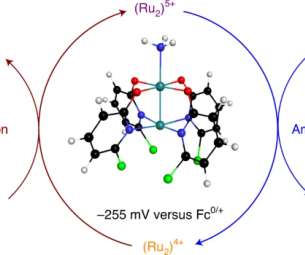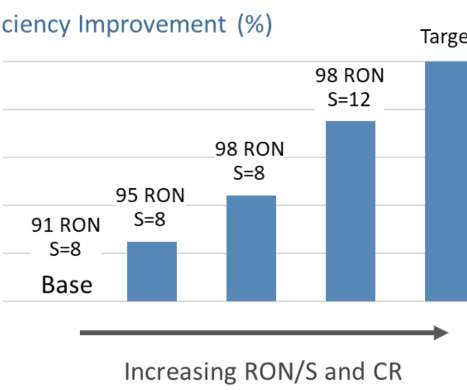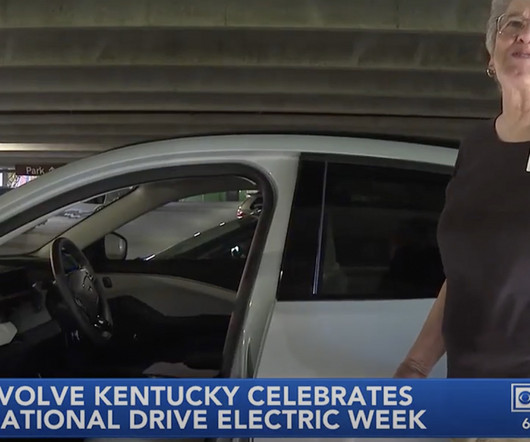WEC report: EVs need 16% market share by 2020 for fuel economy standards to be met
Green Car Congress
JUNE 30, 2016
Electric vehicles (EVs) will need to increase their combined market share to 16% by 2020 for markets to achieve the aggressive fuel economy standards set by regulators, according to new research by the World Energy Council, the UN-accredited global energy body representing the entire energy spectrum. In the EU, the EV gap is 1.4






































Let's personalize your content